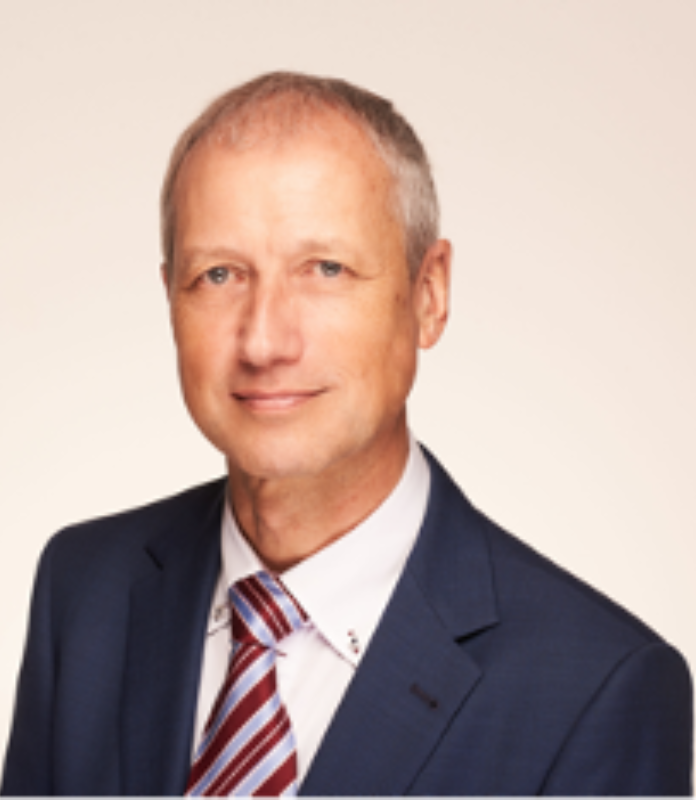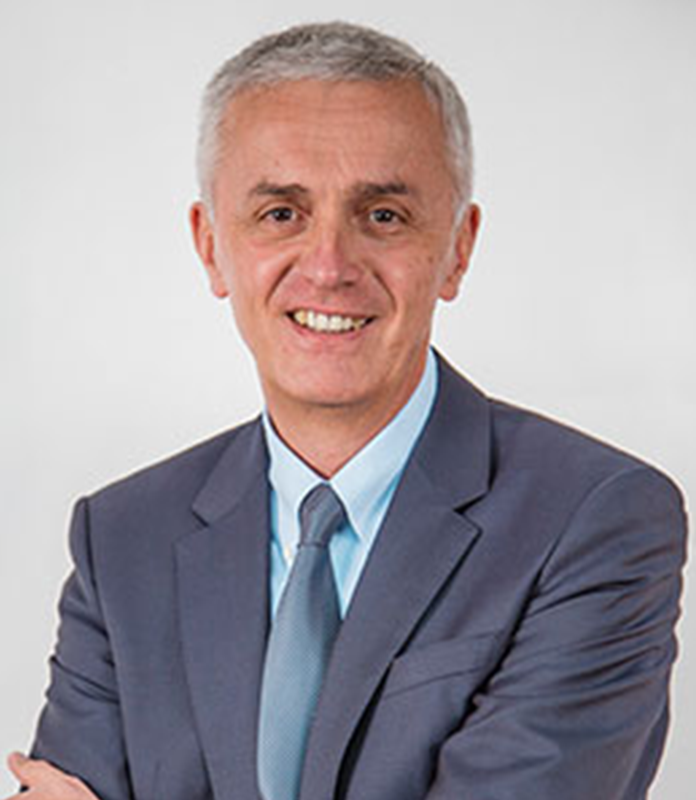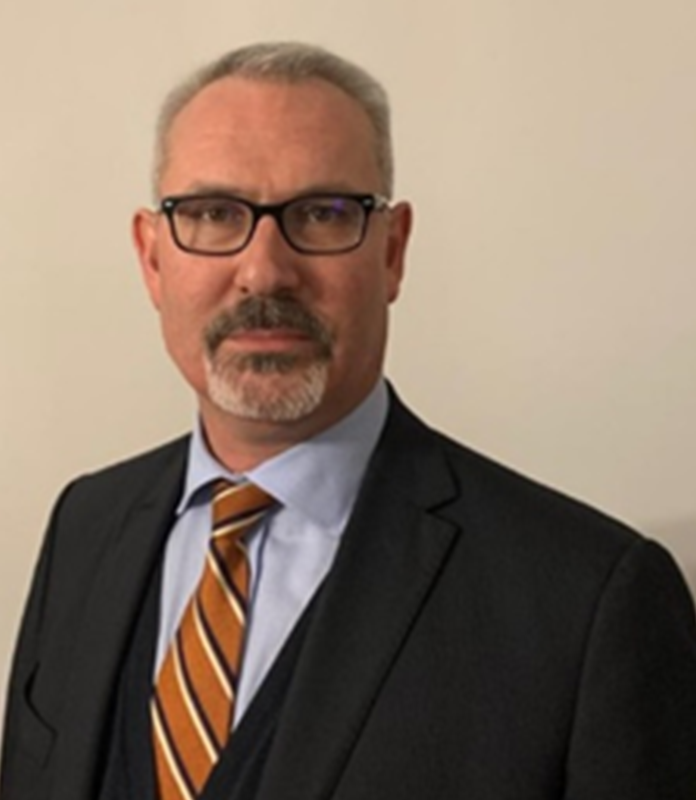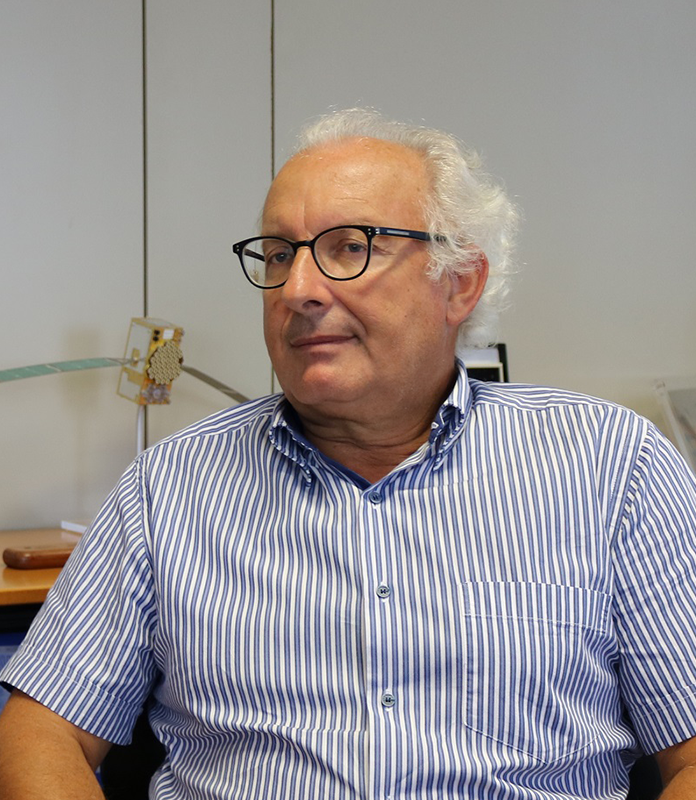14th EASN International Conference Discussion Panels
Sustainability in air transport system
Tuesday, 8th October 2024
Along the history of human mankind, technological achievements and innovations have formed our society, yet driven by different incentives and logics. Air transport has been instrumental for societal development, personal mobility and economic development regionally as well as globally, successfully becoming one of the safest means of transport. To reach a sustainable vision of air transport offer a tremendous challenge on system level to society, where technological innovation is likely to play an instrumental role also in the future, and massive investments are underway to develop and mature new technologies. However, its equally clear that reaching sustainable targets cannot be done in isolation, as the entire infrastructure, energy provision system and the role of air transport for mobility in our society are likely to be changed.
It is argued that sustainability aspects will drive change, requiring new technologies, systems, services and not at least knowledge and competence for organizations and individuals in the air transport system of the future.
The panel will discuss what sustainability in air transport systems means and what consequences this may bring from their perspectives. What can, and need to, change in order to reach a sustainable future for air transport system solutions?
Moderator
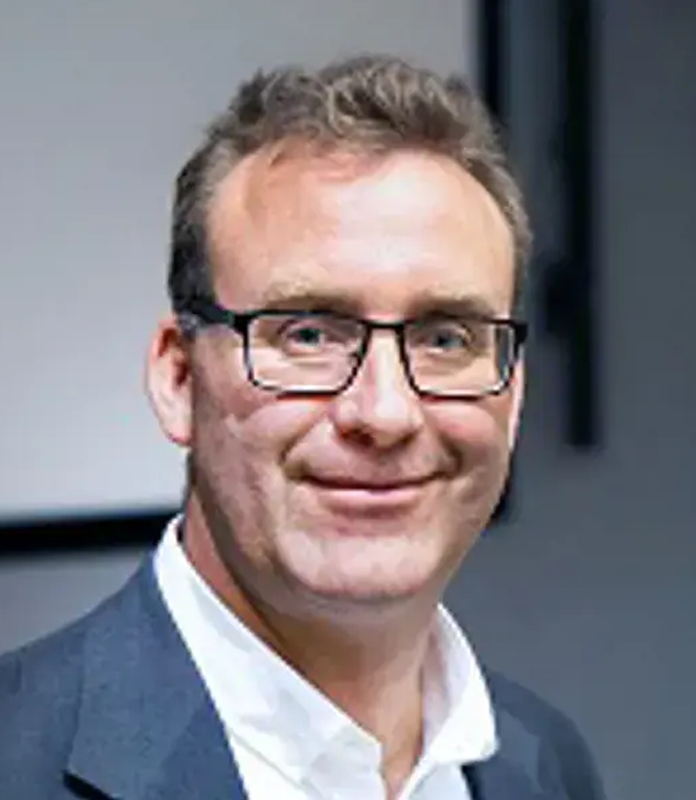
Chair Professor in Systems Engineering and Engineering Design
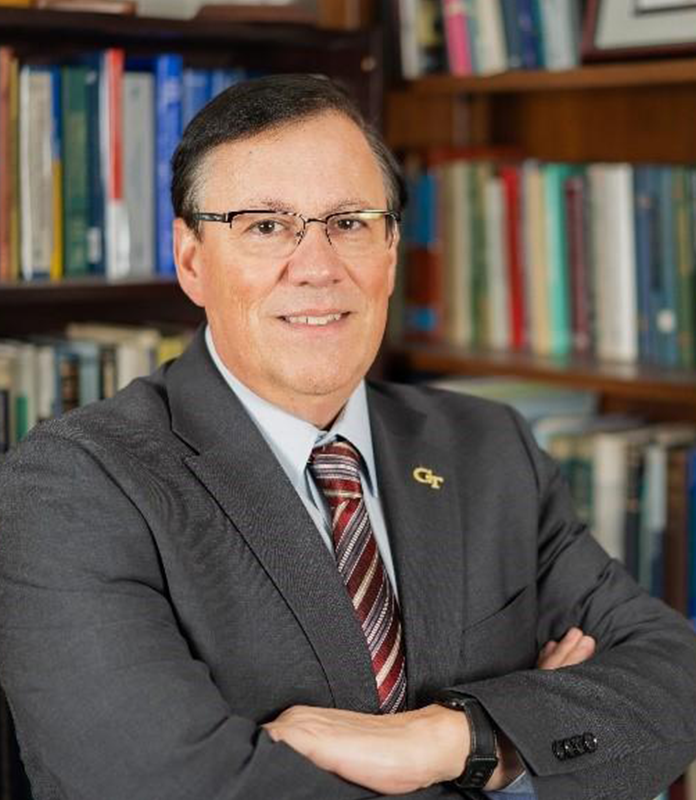
Boeing Chaired Professor of Advanced Aerospace Systems Analysis
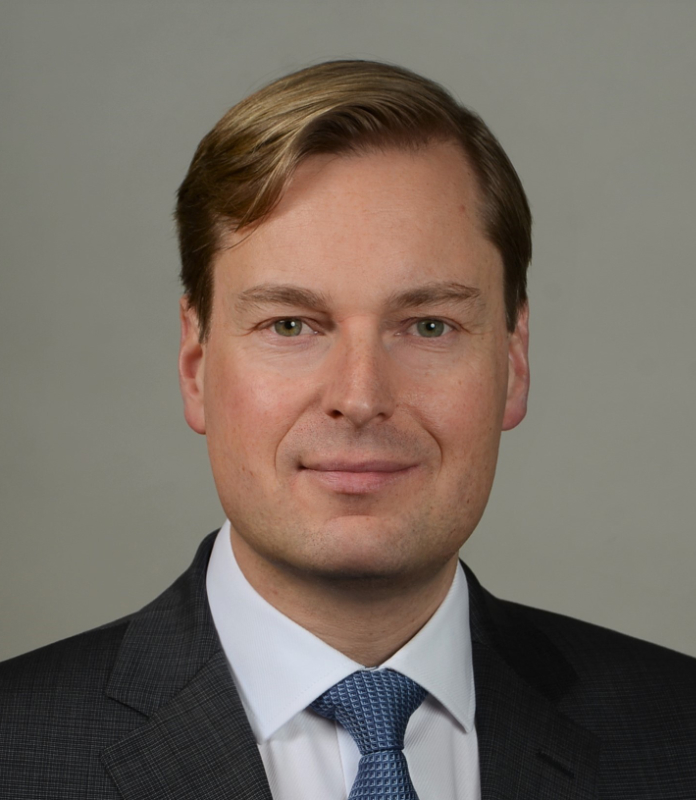
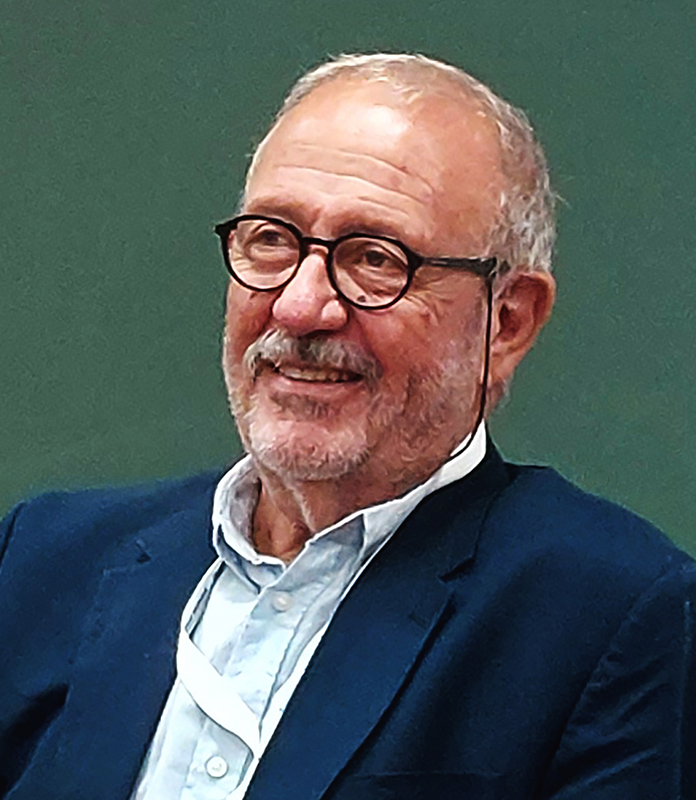
Honorary Chairman, Professor Emeritus, University of Patras
Alternative Propulsion
Thursday, 10th October 2024
Is there any alternative to Alternative Propulsion?
This is the key question which will be addressed in this panel.
If aviation needs to reach carbon neutrality by 2050, aircraft emissions must be drastically reduced, and this includes both CO2 and non-CO2 effects.
Several technology pathways are under investigation mainly through electrification and hybridization (with batteries) and with new fuels such as hydrogen (through direct burn or fuel cells) or SAF.
The panel will discuss the technical challenges of those solutions, including certification aspects and the roadmap to ground and potentially flight demonstration of these concepts.
In terms of alternatives, perspectives towards high temperature fuel cells, SOFCs, or potential use of methane or other fuels will be briefly addressed.
Moderator
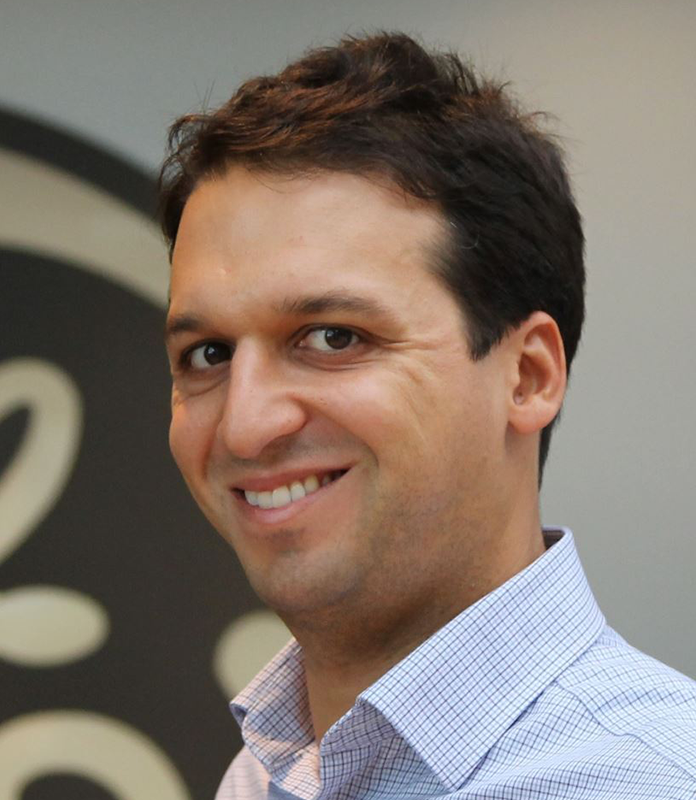
Avio Aero and GE Aerospace Senior Technical Programme Manager for Clean Aviation

Chairman, Professor at the Institute of Aircraft Design, University of Stuttgart
